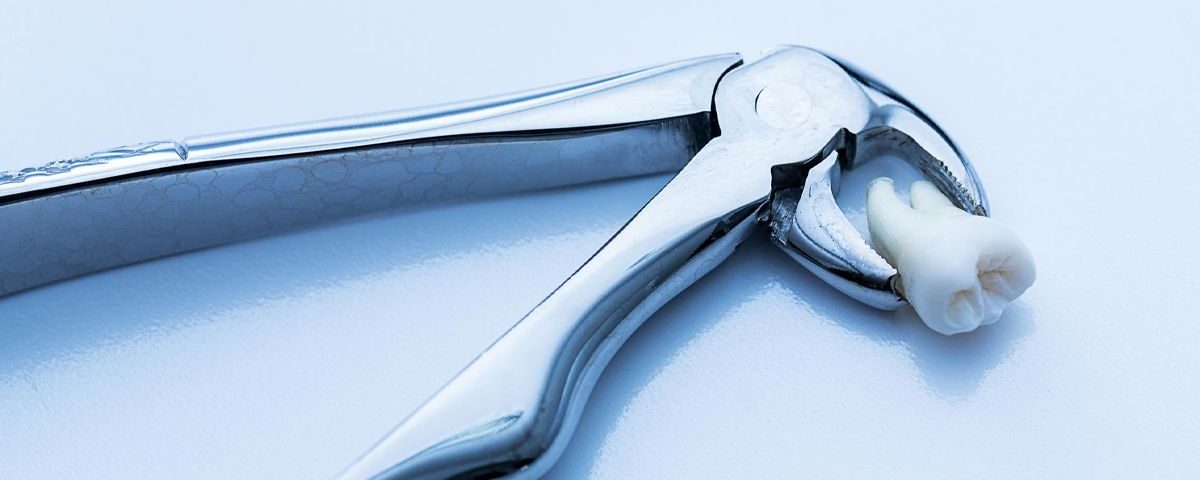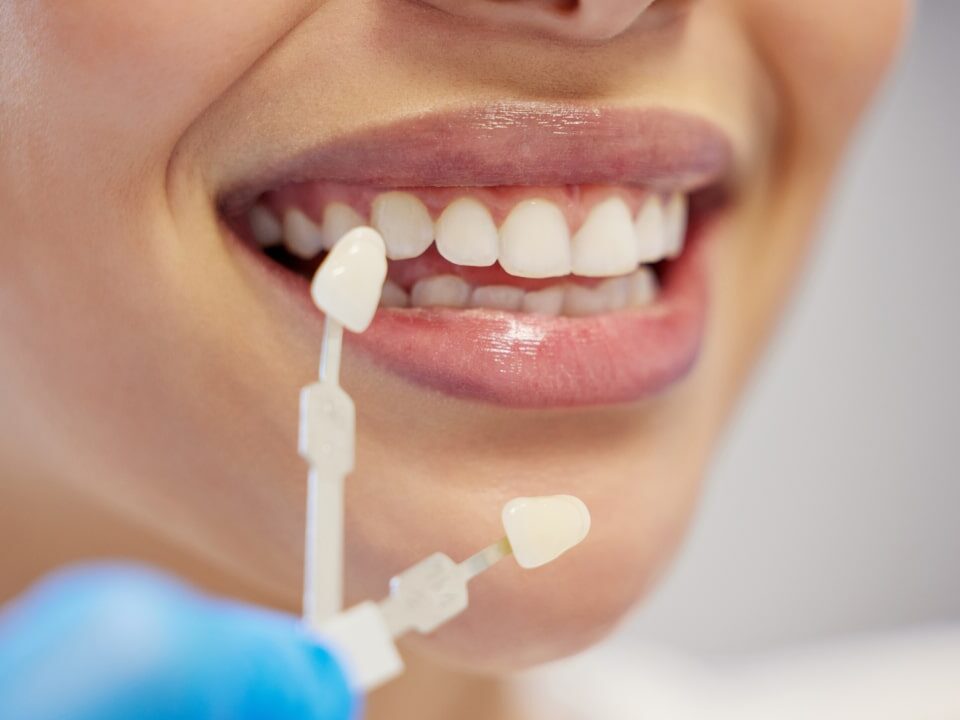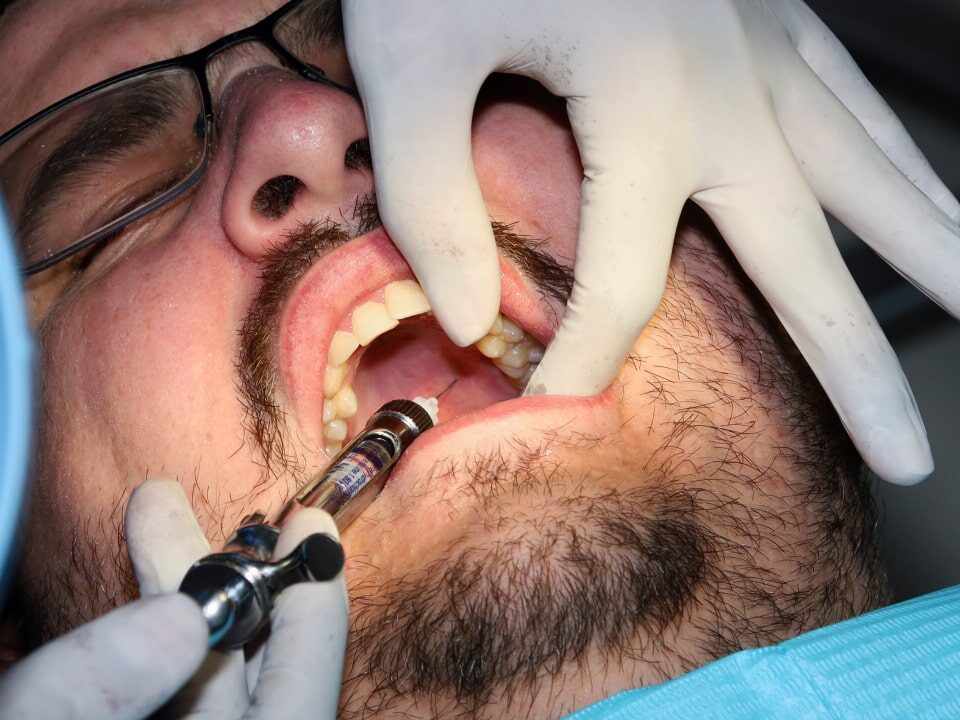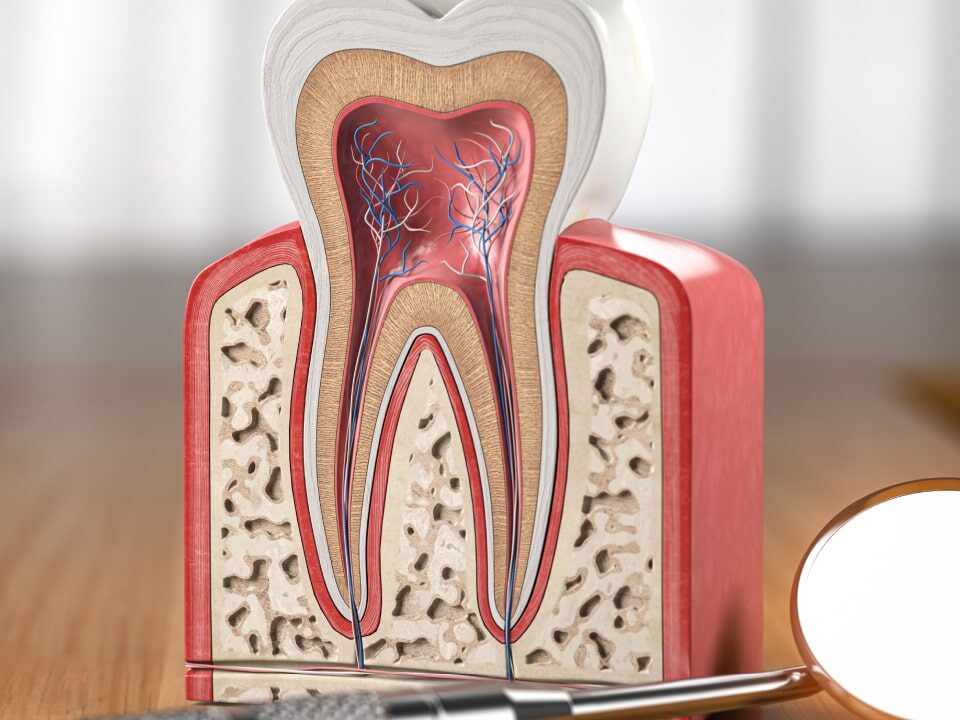
How to Know If a Tooth Infection Has Spread to Your Brain?
July 31, 2025
When Can You Drink Carbonated Drinks After Tooth Extraction?
August 7, 2025Dental emergencies can happen unexpectedly. If you have a bad toothache or break a tooth, you might wonder, “Will an ER remove a tooth?” In this article, we are to explain what the ER can do for dental issues and when you should see a dentist instead.
Table of Contents
ToggleCan the Emergency Room Remove a Tooth?
Will an ER remove a tooth? The answer is no. Emergency rooms are not designed for dental procedures like tooth extractions. If you visit the ER with a dental problem, they can provide some help, but they will not pull a tooth. The ER focuses on treating medical emergencies and cannot perform the necessary steps for tooth removal. You will need to visit the best dentist in Avondale, AZ, for tooth removal.
What Can Emergency Rooms Do for Dental Care?
The ER can help with dental problems in the short term. If you’re in pain, have an injury, or an infection, they can give you care right away. Here’s what the ER can do for you:
- Give pain medicine to help with discomfort and swelling.
- Control bleeding from dental injuries.
- Provide antibiotics if there’s an infection.
- Send you to a dentist for further treatment.
- Help stabilize serious dental injuries.
- Give stronger pain medicine for severe pain.
When Should You Visit the ER for Dental Issues?
You should go to the ER for dental problems if the situation is serious. The ER can provide help in these cases:
- If the pain is too intense to handle.
- If a tooth is knocked out from an injury.
- If you have swelling in your mouth or face that makes it hard to breathe or swallow.
The ER will help manage the immediate issues and stabilize your condition.
When to Go to the Emergency Room vs. Dentist for Dental Care
It is important to know the difference between when to go to the ER and when to visit a dentist. If you are dealing with an emergency that involves trauma to your teeth or face, you should go to the ER. If you only need a routine dental procedure, such as a filling or extraction, a dentist is the right choice. The ER is for medical emergencies, while dentists provide care for dental issues.
What Happens When You Visit the ER for a Dental Issue?
When you visit the ER for a dental issue, the doctors:
- Examine your condition to understand the problem.
- May take X-rays to check for any damage to your teeth or mouth.
- Give you pain relief to reduce discomfort and stop any bleeding.
- If there’s an infection, they give you antibiotics to help control it.
- Refer you to a dentist for further treatment after stabilizing you.
How to Prevent Dental Emergencies?
You can lower the risk of a dental emergency by taking care of your teeth. Let’s see how:
- Visit the best dentistry in Avondale for checkups to find problems early.
- Wear a mouthguard when playing sports to protect your teeth.
- Be careful with hard or sticky foods that can break your teeth.
- Brush your teeth twice a day and floss daily to keep them healthy and strong.
Let’s Recap
Will an ER remove a tooth? The answer is no. The ER can provide some help with dental issues, but it is not equipped for tooth extractions. If you experience a dental emergency, the ER will manage your pain, control bleeding, and give antibiotics. However, you will need to visit a dentist for follow-up care, including tooth removal.
FAQs
Can the ER help with a broken tooth?
The ER can manage pain and prevent infection but will refer you to a dentist for treatment.
Can I get a tooth extraction at the ER for an emergency?
No, ERs do not perform extractions. You’ll need to visit a dentist or oral surgeon for that.
What happens if I have an abscessed tooth and go to the ER?
The ER will likely provide antibiotics and pain relief, but you’ll need to see a dentist for the extraction or drainage.
Will the ER treat a toothache?
The ER can offer pain relief and manage infection but will not treat the underlying cause of the toothache.
Do ERs have dentists on staff?
Most ERs do not have dentists. They may provide temporary care and refer you to a dental professional.





